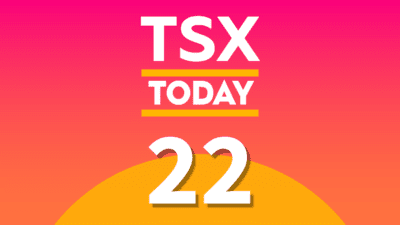In a recent interview, famed money manager Steve Eisman discussed the Canadian housing market and the potential for a 15-20% decline in values. His argument was that housing in Canada was substantially more overvalued than in the United States at its peak in 2007.
Many readers may not be familiar with Steve Eisman, but his name was changed for the movie The Big Short, which did a fantastic job explaining some very difficult financial concepts to viewers. In the movie, real-life Steve Eisman is embellished by the character Mark Baum.
The movie centered around those who paid attention to the inflated housing market very early on and were prepared to put their money on the line by betting against the housing market. Almost all the main characters in the movie were on the right side of the trade. One of the main elements of the movie was just how easy it is for almost everyone to get it wrong due to what is known as “herd mentality.”
The housing market in Canada has been one of the most robust markets in the world, both before and after the Great Recession of 2008/2009, as interest rates have declined consistently until this year. According to Mr. Eisman, the subprime market in Canada is much smaller than in the United States, which may be one of the factors that has allowed elevated prices to persist for so long.
The alternative lending market is dominated by Home Capital Group Inc. (TSX:HCG), which has a market capitalization of slightly more than $1 billion. On the banking side, Mr. Eisman believes that Canadian Imperial Bank of Commerce (TSX:CM)(NYSE:CM) has the highest amount of exposure to Canadian mortgages at the present time. As a reminder to investors, the bank previously had a very active mortgage broker lending arm, which was folded into the main bank network several years ago. Many of these higher-risk mortgages have since been renewed and remain on the books, increasing the bank’s risk profile.
Although real estate investors have heard naysayers pontificate this at length in the past, the difference this time around is going to be a combination of higher interest rates in addition to the new mortgage regulations, which are in the process of being introduced. As there will be fewer A+ borrowers available to banks (due to the tighter regulations), the alternative mortgage market, which is currently much smaller than in the United States, will have no choice but to grow as Canadians will continue wanting to own their own homes.
With the U.S. housing meltdown several years behind us, the economies of both Canada and the U.S. have performed extremely well since then, which has led to even higher home prices amid lower rates, which have continued their downward trajectory since the Great Recession. If history has taught us one thing, it’s that no matter how strong or fast the bulls run, eventually they get tired and need to rest!








